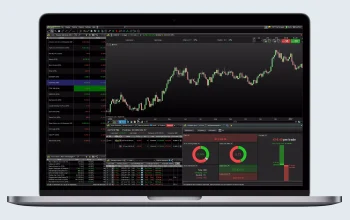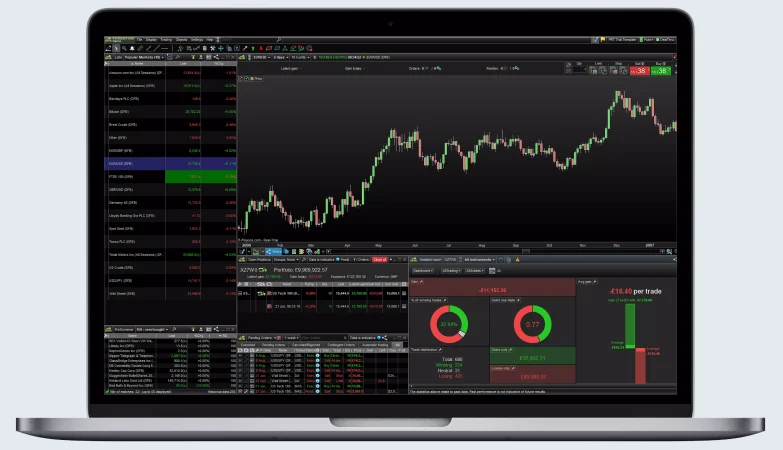Imagine a chessboard where every move happens in a fraction of a second—except the board is the stock market, and the players are algorithms. Now, toss quantum computing into the mix. Suddenly, the game isn’t just faster; it’s fundamentally different. That’s the kind of shift we’re staring at as quantum computing begins to reshape algorithmic trading.
Why Quantum Computing Changes Everything
Classical computers? They’re like calculators on steroids. Quantum computers? More like unlocking a new dimension of processing power. Here’s the deal: while traditional algorithms rely on binary bits (0s and 1s), quantum bits (qubits) can exist in multiple states at once. This means they can evaluate countless possibilities simultaneously—something traders would kill for.
In fact, a 2023 Goldman Sachs report suggested quantum computing could cut certain trading optimization tasks from hours to seconds. That’s not just incremental improvement; it’s a revolution.
Where Quantum Meets Trading Algorithms
1. Portfolio Optimization
Ever tried balancing risk and return across hundreds of assets? It’s like juggling chainsaws. Quantum algorithms, though, can crunch these multivariate equations in near-real time, adjusting portfolios dynamically as market conditions shift.
2. Arbitrage Opportunities
Price discrepancies across exchanges? Quantum computing can spot them—and act—before human traders even blink. High-frequency trading (HFT) firms are already experimenting with quantum-enhanced models to exploit these microsecond windows.
3. Sentiment Analysis
Quantum machine learning could parse news, social media, and earnings calls with terrifying efficiency. Imagine an algorithm that doesn’t just read the words but understands context—like a trader with a sixth sense for market mood.
The Roadblocks (Because Nothing’s Perfect)
Sure, quantum computing sounds like a silver bullet. But here’s the catch:
- Hardware limitations: Most quantum computers today are noisy, error-prone, and require near-absolute-zero temperatures. Not exactly Wall Street-ready.
- Regulatory gray areas: Faster trading could mean flash crashes on steroids. Regulators are still playing catch-up.
- Cost: Building or accessing quantum systems isn’t cheap. For now, it’s a game for hedge funds and institutional players.
What’s Next? A Hybrid Approach
Forget an overnight takeover. The near future is quantum-classical hybrid models, where quantum handles specific tasks (like optimization) while classical systems manage the rest. Firms like JPMorgan and Citadel are already testing this—think of it as dipping a toe in the quantum pool.
And honestly? That’s probably the smart play. Because while quantum computing won’t replace algorithmic trading tomorrow, it’s rewriting the rules—one qubit at a time.








